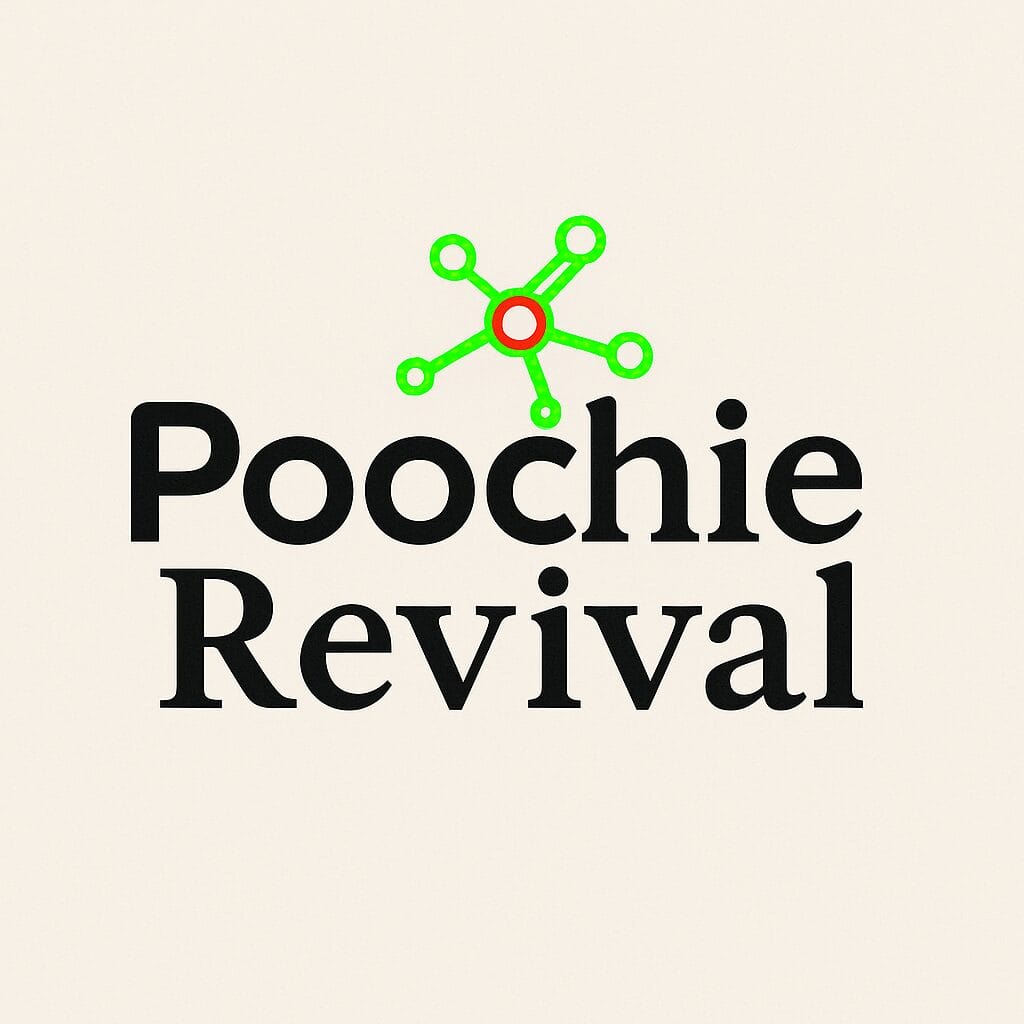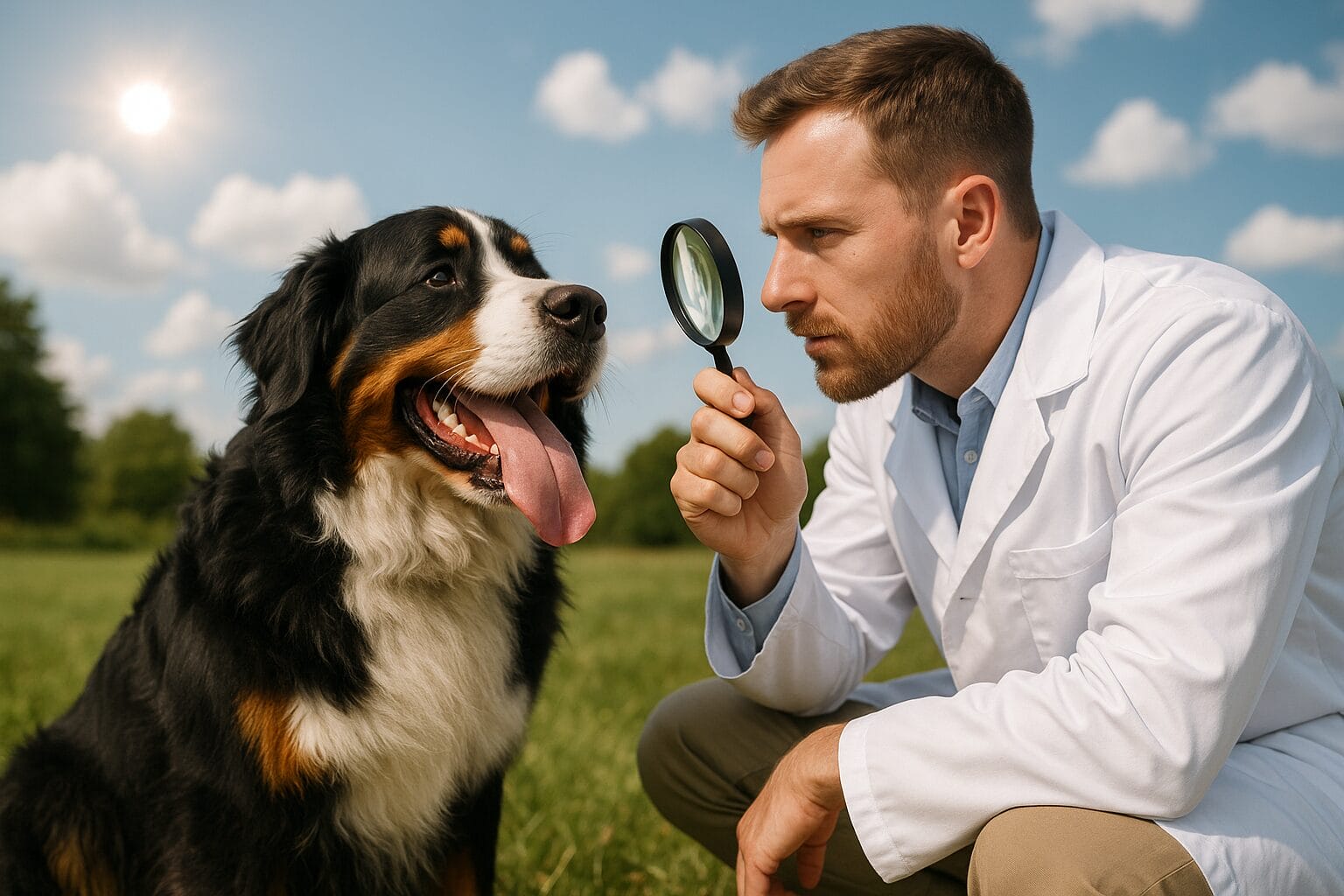Calcium and Dogs
Calcium is the most common mineral in the body and an extremely important electrolyte for muscle and nerve function, while also being the main building block of the skeleton. Calcium intake is often considered the biggest problem among minerals in nutrition, although it is perhaps the easiest.



